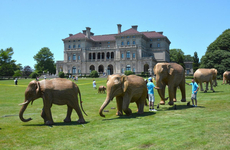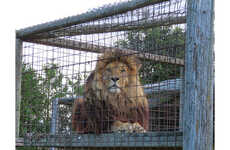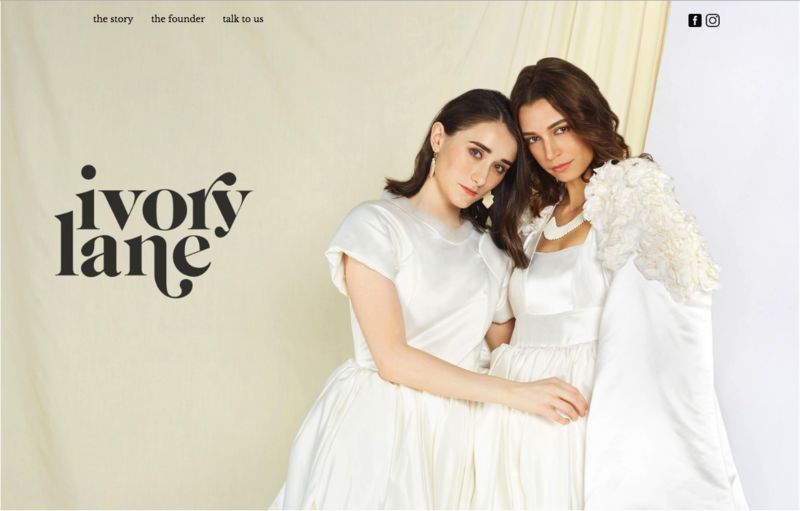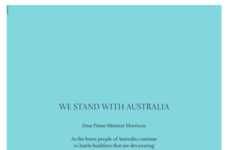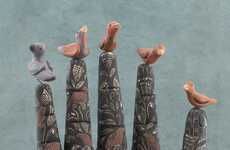
WWF Singapore Launched 'Ivory Lane' to Bring Awareness to the Ivory Trade
Laura McQuarrie — August 9, 2018 — Marketing
References: wwf.sg & prexamples
Despite the import and export of elephant ivory being internationally banned since 1990, WWF Singapore reports that the global ivory trade "claims one African elephant every 25 minutes"—and to bring attention to this, it created Ivory Lane.
Ivory Lane was set up as a fictitious online ivory shop where people could seemingly purchase a wide range of accessories featuring elephant ivory. Naturally, the mock e-shop caused many people to speak out against the ivory trade, while others called the products "beautiful," showing that there is still more opportunity for consumers to be educated on the material.
Ivory Lane also helped to call out a loophole in ivory legislation, with the site noting "Ivory Lane does not import any new ivory into Singapore and all our ivory products are made of vintage ivory, before 1990." WWF Singapore hopes to bring attention to the fact that ivory is still sold on both e-commerce and classified platforms but with initiatives like Ivory Lane, perhaps a shift in demand can be created.
Ivory Lane was set up as a fictitious online ivory shop where people could seemingly purchase a wide range of accessories featuring elephant ivory. Naturally, the mock e-shop caused many people to speak out against the ivory trade, while others called the products "beautiful," showing that there is still more opportunity for consumers to be educated on the material.
Ivory Lane also helped to call out a loophole in ivory legislation, with the site noting "Ivory Lane does not import any new ivory into Singapore and all our ivory products are made of vintage ivory, before 1990." WWF Singapore hopes to bring attention to the fact that ivory is still sold on both e-commerce and classified platforms but with initiatives like Ivory Lane, perhaps a shift in demand can be created.
Trend Themes
1. Anti-ivory E-commerce - The rise of faux ivory and anti-ivory e-commerce sites show potential for sustainable alternatives in the luxury accessories industry.
2. Vintage Ivory Products - Creating luxury products using pre-1990 vintage ivory could become a trend with consumers who appreciate the historical value of the material.
3. Education Through Mock E-shops - Educational e-commerce storefronts may become a growing trend for non-profit organizations to increase awareness for their causes.
Industry Implications
1. Luxury Accessories - Businesses in the luxury accessories industry can take advantage of the opportunity to market sustainable and ethical faux ivory alternatives to consumers.
2. Historical Collectibles - Vintage ivory products may become a desirable and unique segment within the historical collectibles industry.
3. Non-profit Organizations - Non-profit organizations can benefit from creating educational e-commerce sites to increase awareness and promote their causes.
1.6
Score
Popularity
Activity
Freshness



